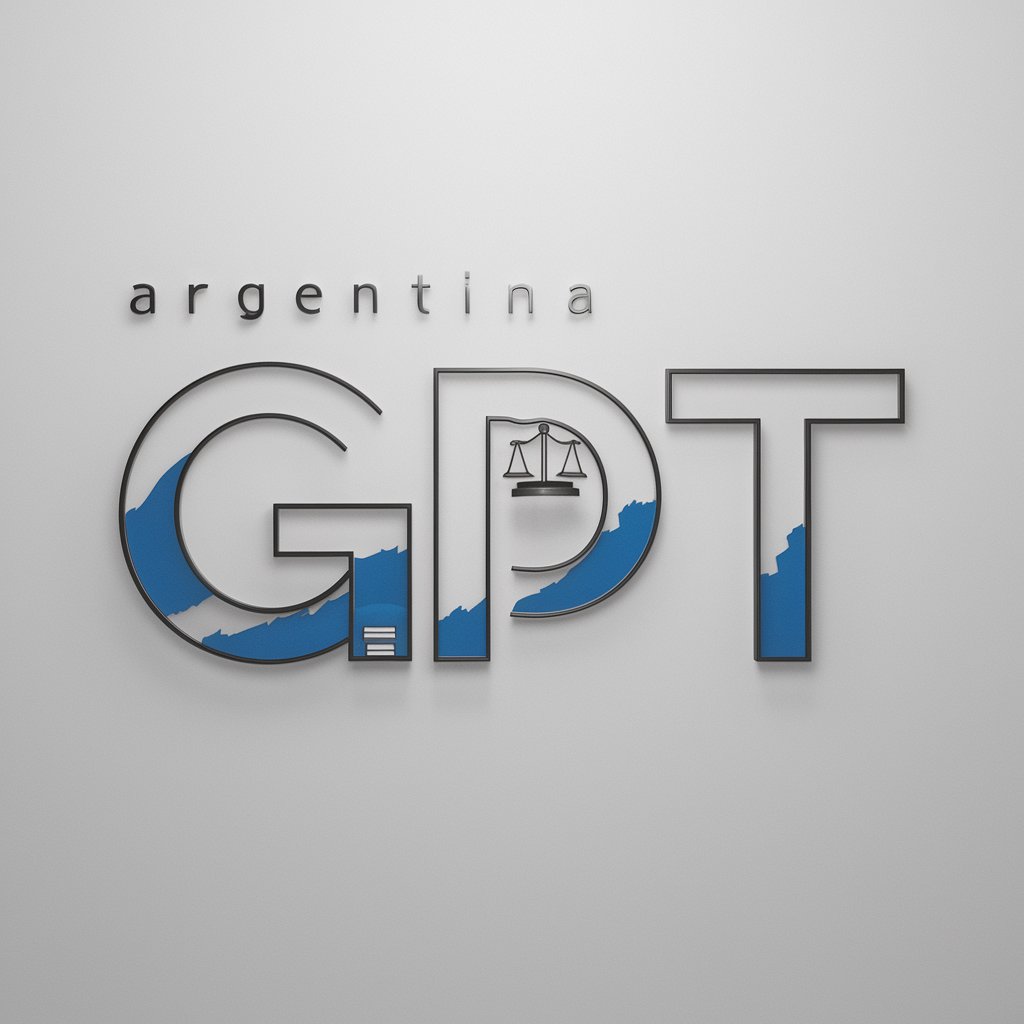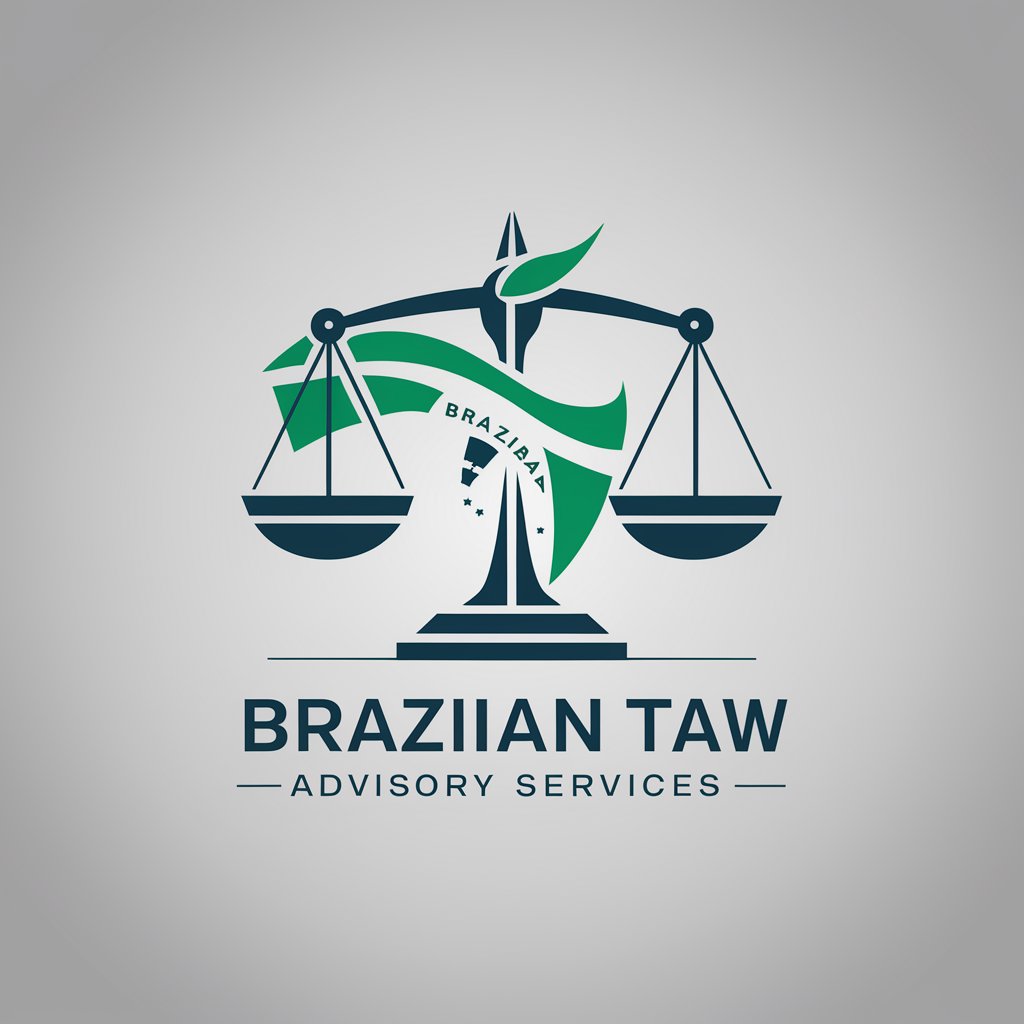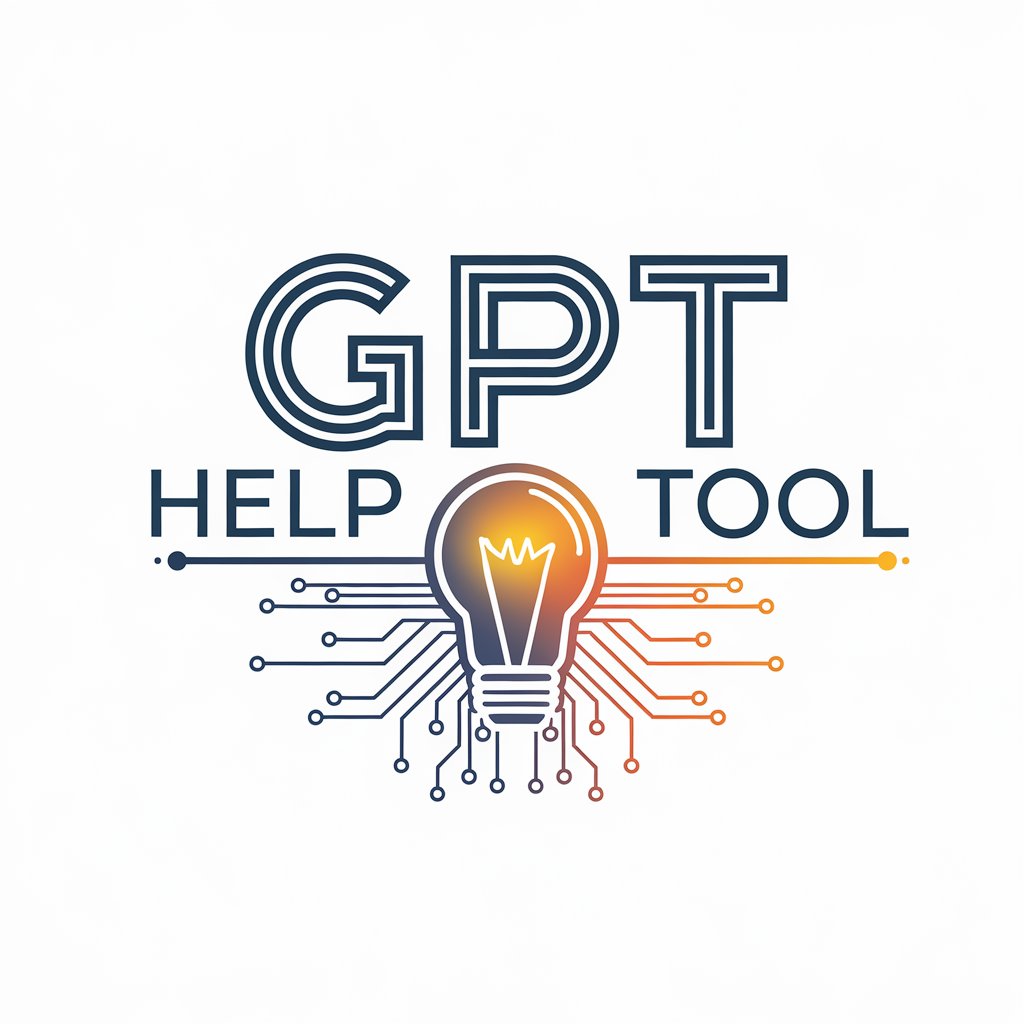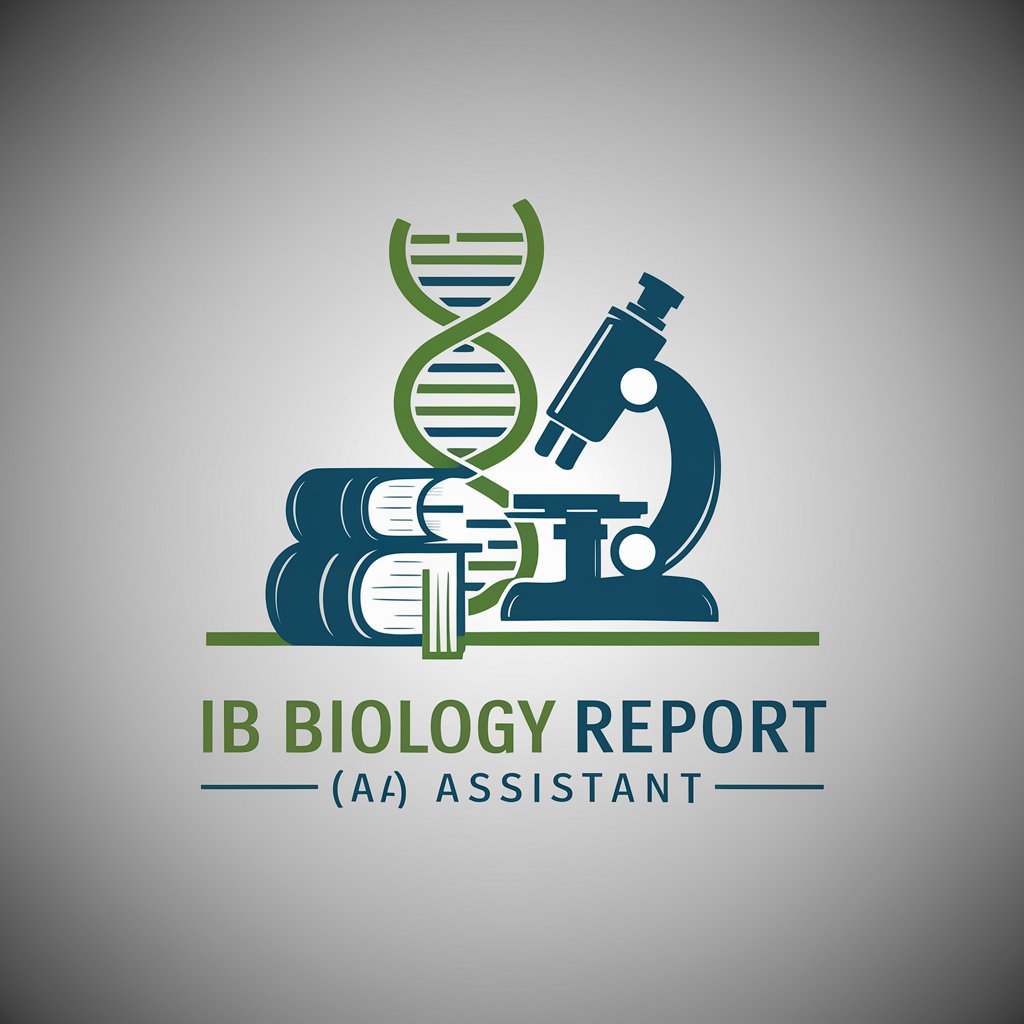
ISO Standards Regulatory Assistant-AI ISO standards guidance
AI-powered ISO Standards Compliance Expert

Built with access to over 15'000 ISO regulatory documents
What can you do for me?
What do you source your information on?
Get Embed Code
Overview of the ISOISO Standards Assistant Functions Standards Regulatory Assistant
The ISO Standards Regulatory Assistant is a specialized expert system designed to provide comprehensive, in-depth guidance and analysis of ISO standards, particularly those used for regulatory compliance, quality assurance, risk management, environmental management, occupational health and safety, and technical product and process standardization. This assistant has access to a curated repository of over 15,000 ISO regulatory documents and leverages this access to offer accurate, context-aware answers. The system is tailored to meet the needs of compliance officers, auditors, standards developers, and industry professionals seeking precise interpretations and applications of ISO guidelines. For instance, consider a manufacturing firm preparing for ISO 9001 certification. The Assistant can guide the quality management team through clause-by-clause compliance requirements, suggest implementation strategies, provide templates for quality objectives, and identify common audit non-conformities. Alternatively, in the context of ISO 14001, an environmental compliance officer can receive help mappingISO Standards Assistant Overview the organization’s activities to environmental aspects, understand legal compliance obligations, and design appropriate control measures.
Core Functions and Application Scenarios
Interpretation and Clarification of ISO Clauses
Example
Explaining the difference between 'documented information' and 'retained documented information' in ISO 9001:2015.
Scenario
A quality manager preparing internal training material for ISO 9001 implementation requests clarification on documentation terms. The Assistant provides clause references, explanations, and practical interpretations based on ISO guidance documents and Technical Committees’ notes.
Gap Analysis and Compliance Support
Example
Assisting a company to perform a gap analysis against ISO/IEC 27001:2022 requirements.
Scenario
An IT security team in a fintech company uses the Assistant to compare their current information security management system with the updated ISO/IEC 27001:2022 standard. The Assistant identifies missing controls, maps existing processes to new requirements, and suggests compliance strategies.
Standard Selection and Crosswalk Analysis
Example
Recommending whether ISO 45001 or ISO 14001 is more suitable for a construction company looking to manage risks on-site.
Scenario
A health and safety consultant queries the Assistant to help a client choose between standards. The Assistant provides a comparative matrix of the standards, outlines applicable clauses, and assesses organizational context and industry-specific risks to recommend the best fit.
Target Users and Beneficiaries
Compliance Officers and Regulatory Managers
These professionals are responsible for ensuring that their organizations meet international standards and legal obligations. The Assistant aids them in identifying applicable standards, understanding compliance requirements, maintaining certification status, and responding to regulatory audits with documented evidence based on ISO references.
Standards Developers, Consultants, and Auditors
This group includes ISO implementation consultants, third-party auditors, and policy developers. They benefit from the Assistant’s ability to provide clause-by-clause interpretation, cross-reference industry-specific standards, draft audit checklists, and offer expert insight into harmonized standards and regulatory implications across different countries.
How to Use ISO Standards Regulatory Assistant
1. Visit the Platform
Visit aichatonline.org for a free trialISO Standards Assistant Guide without login, also no need for ChatGPT Plus. This allows instant access to the ISO Standards Regulatory Assistant and its premium features.
2. Define Your Inquiry
Clearly outline your need—whether it's understanding a specific ISO standard, comparing standards across industries, or applying regulatory frameworks in real-world contexts. Precision enhances the depth of the response.
3. Enter Detailed Questions
Submit complex or highly specific queries using natural language. The assistant is designed to handle nuanced regulatory and technical questions with precision, including clause-level explanations.
4. Utilize Advanced Scenarios
Explore advanced use cases like audit preparation, ISO compliance gap analysis, regulatory impact assessments, or creating implementation strategies aligned with ISO frameworks.
5. Optimize YourISO Standards Assistant Guide Workflow
For best results, iterate with follow-up questions. Use the assistant’s capability to cross-reference standards and provide regulatory interpretations for maximum compliance assurance and technical clarity.
Try other advanced and practical GPTs
MaterialMaestro
AI-powered guide for materials science mastery

Math Solver GPT
AI-powered math problem solver from images
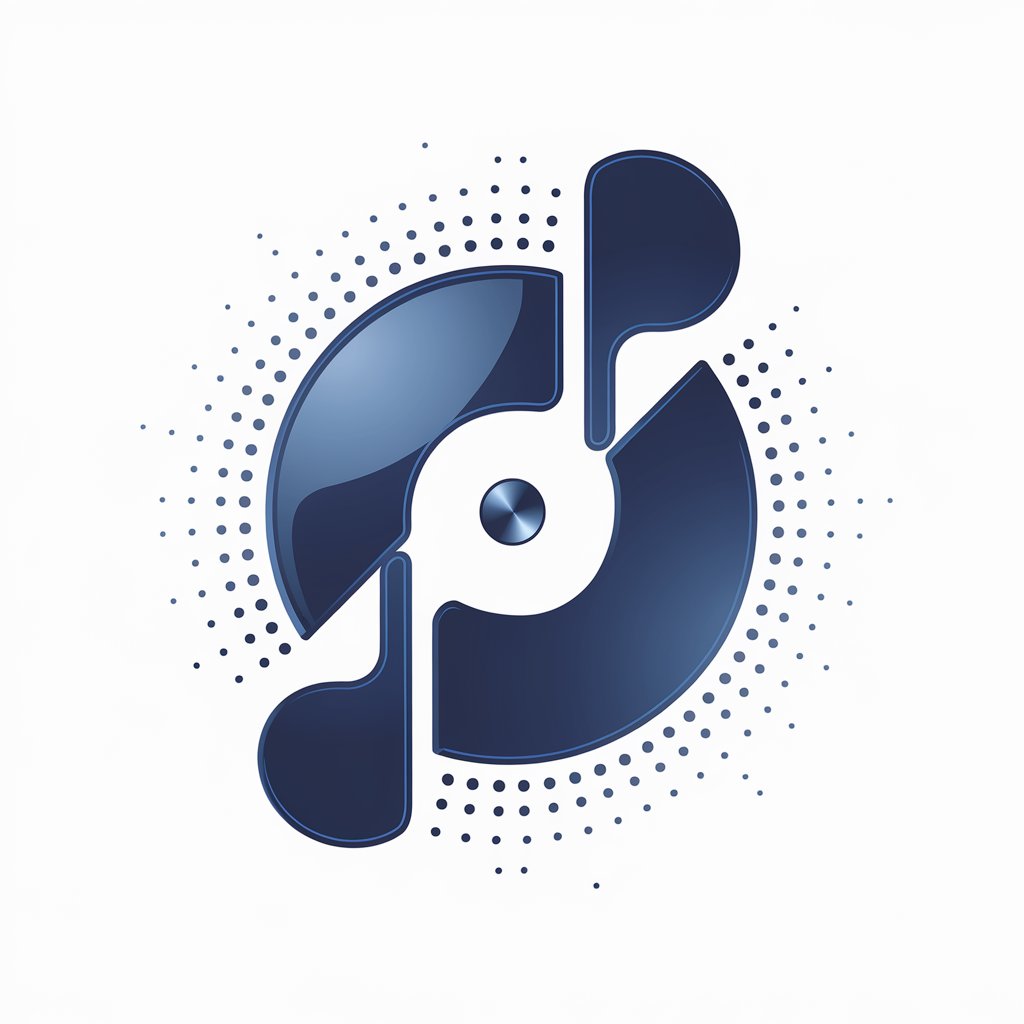
Gardening Guru
AI-powered guidance for thriving gardens.

Google Ads Copy Wizard for Pmax
AI-powered ad copy wizard for Google PMax campaigns

GPT Roteirista
AI-powered content creation, tailored for you.

Daily Market Analyse 📊
AI-driven market insights for traders.

Frontend Developer
AI-powered frontend coding made simple.

CashCow 30 Images-GPT
AI-powered watercolor gnome image creator
PocketBase GPT
AI-powered assistant for PocketBase developers
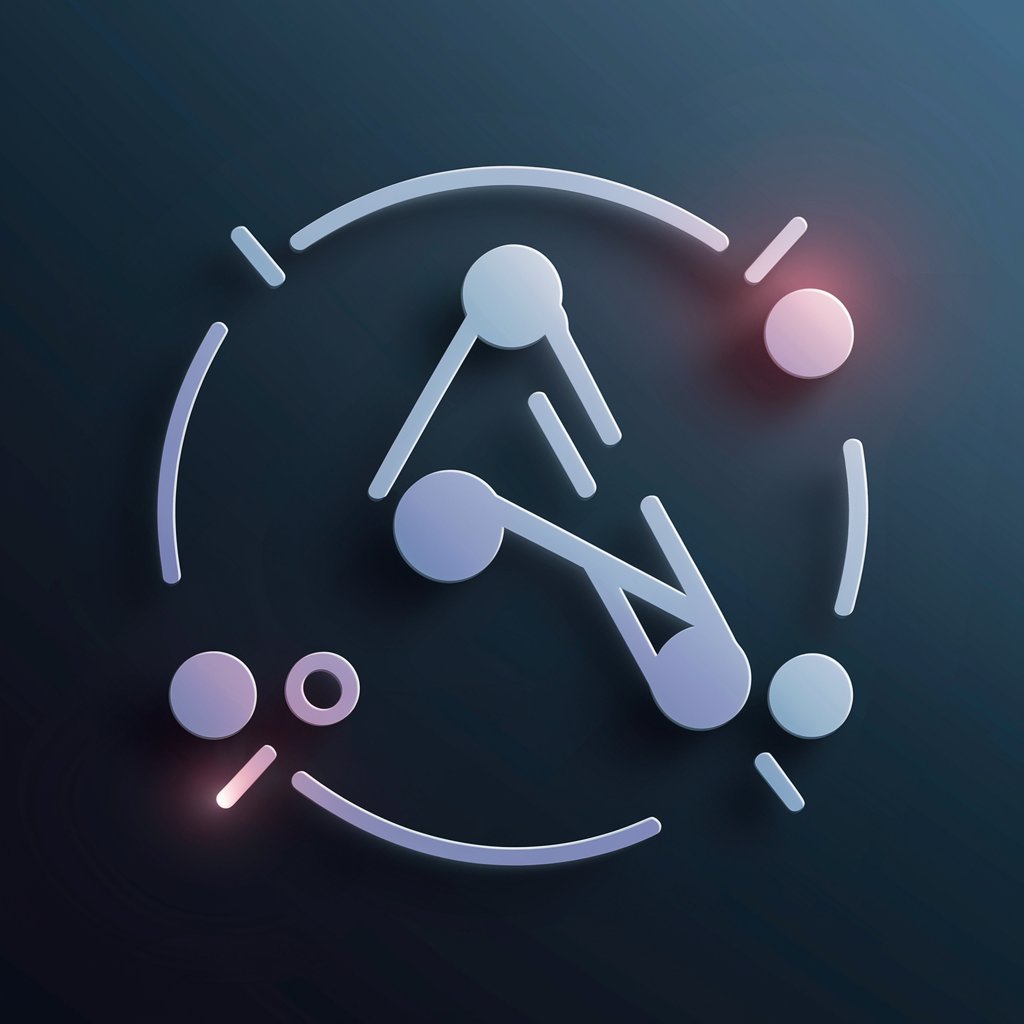
CARROSSEL DICAS
AI-powered carousels that captivate and convert.

Bmonk CopyWriter
AI-powered content creation for marketers.
⭐️ Art Prompt Generator ⭐️
AI-crafted prompts for bold visual storytelling

- Document Drafting
- Audit Support
- Compliance Review
- Policy Development
- Standard Comparison
Common Questions About ISO Standards Regulatory Assistant
What types of ISO standards can this assistant explain?
It can interpret and explain over 15,000 ISO standards across domains such as quality (ISO 9001), environment (ISO 14001), information security (ISO/IEC 27001), medical devices (ISO 13485), and more, including sector-specific and technical specifications.
Can this assistant assist with compliance and audit preparation?
Yes, it supports compliance efforts by clarifying clause requirements, offering implementation advice, highlighting common audit pitfalls, and helping construct documentation aligned with specific ISO standards.
Is the assistant useful for writing ISO-conforming documentation?
Absolutely. It can generate templates, sample procedures, and policy outlines that conform to standard requirements, reducing the burden of technical writing and ensuring documentation integrity.
Does it support comparison between different ISO standards?
Yes. It can perform comparative analysis, e.g., mapping clauses between ISO 9001 and ISO 13485, identifying overlapping requirements, and showing how one standard supports compliance with another.
Can it help with academic or technical research involving ISO standards?
Certainly. It provides structured interpretations, historical context, and regulatory evolution insights—valuable for researchers analyzing standardization trends, compliance behavior, or regulatory impacts.


